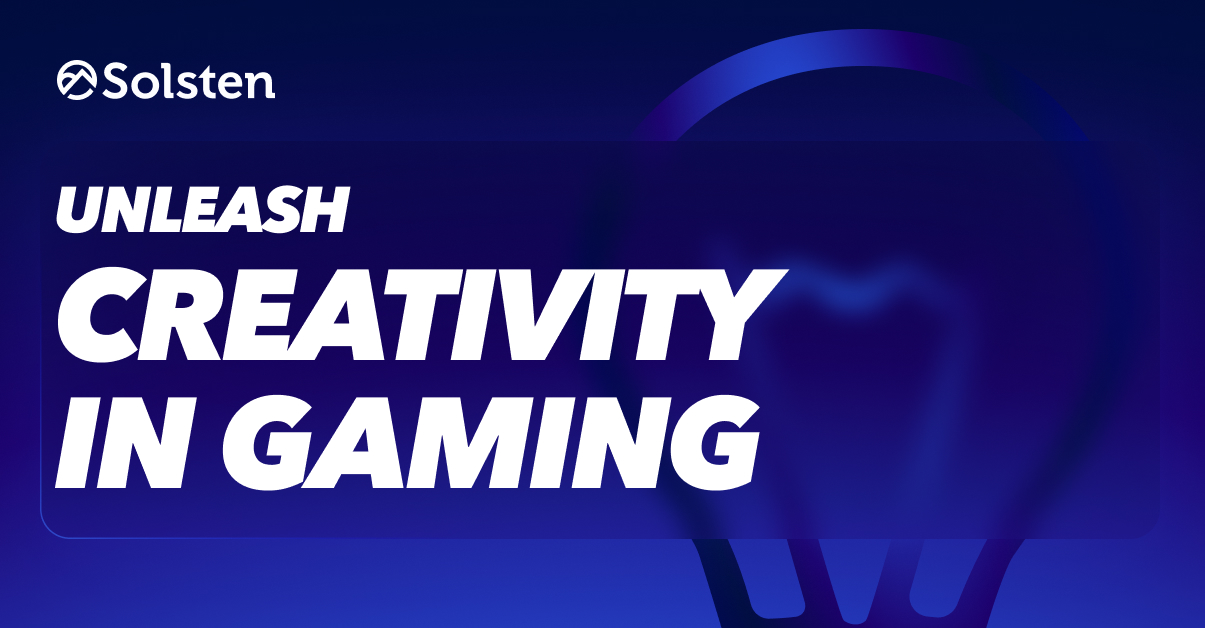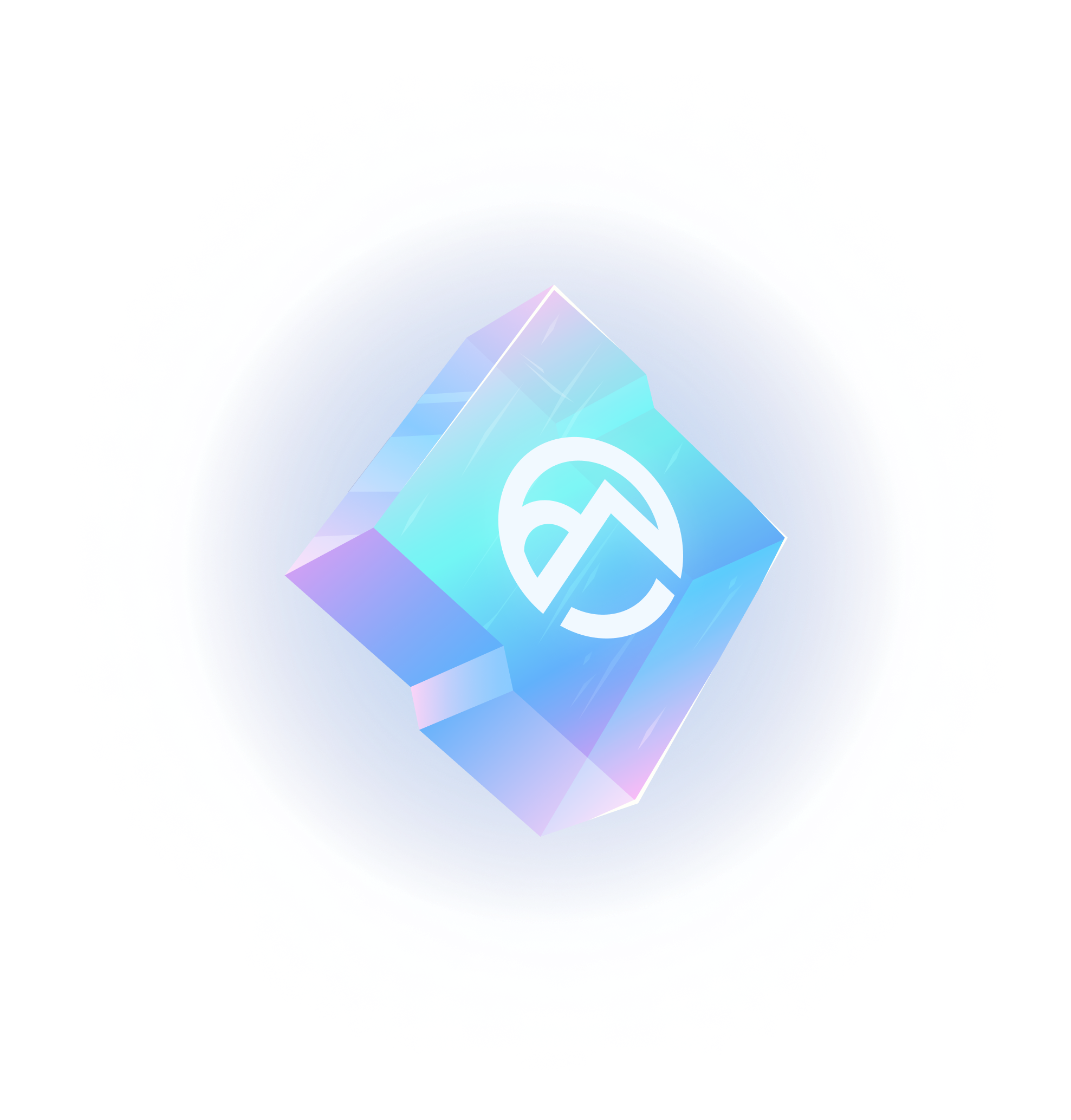At the beginning of 2023, ChatGPT became the fastest growing consumer application in history. It reached 100 million active users just two months after launch. Since then, an endless stream of AI-driven products has been released.
Amid this rapid development, Solsten just won the Most Promising AI Games Tech award at the Pocket Gamer Mobile Gamer Awards. This is exciting for many reasons — not only because we beat out some big names like ChatGPT and Midjourney.
Solsten has been developing the future of artificial intelligence in gaming for half a decade. Much of the recent AI hype has centered around generative AI — technology that can create an output in place of humans. Solsten’s AI system has been designed to do the opposite. We’re unleashing human creativity in the gaming industry and beyond.
Solsten’s AI Empowers Audience-Centric Creativity
While other AI allows you to generate things, Solsten’s AI allows you to make the things you create resonate with your audience.
“Solsten is a very ‘human in the loop’ technology,” explains Lloyd West, Machine Learning Lead at Solsten, previously of Unity Technologies. “The goal of our machine learning and AI in video game development is to deeply understand human beings. We deliver that intelligence back to other humans, helping them create more human-centered experiences.”
Creating human-centered experiences isn’t just a fluffy, feel good outcome. When you deeply understand your players, you can create experiences that will predictably move your KPIs. You can remove the tedium and guesswork so you can focus on the areas where your effort is most valuable to the process.
Solsten’s AI answers questions that the gaming world has been asking for ages. Those answers haven’t existed until now — because the technology to provide them didn’t exist.
Questions like:
- What features will drive player engagement?
- What differentiates high LTV players and how can I engage them?
- What KPIs should I focus on to impact revenue?
- How do I reduce waste in my paid media budget while attracting valuable players?
Solsten answers these questions and hundreds more.
Solsten’s Process is Unique Because of Our Two-Pronged Approach
The first is through adaptive psychometric assessment. This is the process of issuing assessments through which we measure players’ needs, motivations, values, emotions, affinities, and demographics. Our questionnaire goes far beyond a standard Q&A.
Adaptive psychometrics is the science of measuring psychological traits. It involves asking an individual the right questions to accurately measure their cognition.
The assessment adapts to the individual based on their previous responses, selecting the most relevant validated question out of thousands of options. Through this process, we uncover the core of a person’s needs and desires in a way they are not able to articulate or share otherwise.
What’s the outcome of actually understanding your audience based on who they are and not just what they say they want? Think of it this way: in the early 2000s, if Steve Jobs had asked people what kind of mobile phone they wanted, they would’ve said a better Blackberry. Instead, Apple remained true to its user experience principles and transformed how we interact with technology.
The second is through observing in-game behavior, and measuring it against the assessment data. Through this process, we gain insights about how and which psychological traits directly impact which of the game’s performance metrics. We also predict a player’s psychological profile from in-game behavior. All of this was previously impossible to capture.
Most gaming studios prioritize player behavior over player research, and programmatically generate decisions out of that data. They attempt to use past behavior to predict future behavior, but don’t enhance this data with the explanatory power of cognition: the predecessor and driver of behavior.
A behavioral approach may result in short-term gains, but it isn’t a recipe for replicable success. By understanding players’ motivations, personalities, and values, to name a few, and creating in-depth player personas of the game studio’s ideal audience around the most enduring psychological traits, Solsten’s AI creates a highly valid foundation for teams to empathize with their players and build resonating game experiences that stand the test of time.
The Creative and Business Applications of This Data in Gaming are Almost Limitless
We’ve seen designers, product managers, business leaders, and marketers integrate this data into their development process in countless ways. Here are some of the more advanced.
Dynamic Difficulty
The skill level of players within a game can vary dramatically. Game developers have found ways to cater to a broad audience for ages. But what a player perceives as difficult varies a lot and is highly subjective. Getting difficulty levels just right has a profound impact on the gaming experience and the game’s performance.
With Solsten’s AI, you can dynamically tune difficulty based on the psychological traits of your players, like resilience and grit. When you have a clear understanding of the needs of your players, you can use that data to personalize the experience. Letting players fail just the right amount for them will not only improve your game’s revenue and overall retention — your players will be happier and leave your game feeling like it was made for them.
Dynamic Player Matching
Solsten’s AI can match players based on their psychology to build optimal think-alike cohorts for community and guild cohesion. Which players will have the best social experience playing together? Which players will be most engaged when competing against one another? The answers to getting player matching right neither lie in the players’ demographics nor in their behavior or skills — what enables optimal social experiences are the underlying traits of players.
The discussion about skill-based matchmaking has been swirling for years. Whether it’s driving engagement or causing churn is an ongoing debate — but there is definitely a vocal backlash to the practice. Solsten’s AI provides a way for studios to meet their engagement objectives while keeping players happy.
Personalized Offering Models
In-game offers provide unique opportunities to cater to different individuals based on their psychological traits. For instance, altruistic players will respond more positively to an offer with a message like “buy this item to help your friends.” On the other hand, an offer like “buy this item to crush your enemy” appeals to players who want to dominate their competition.
Traditionally, A/B testing is used to determine the effectiveness of such offers. However, tailoring these offers to specific personas makes the ideation process much simpler and hence supercharges the A/B testing process. By designing multiple offers for each persona, we provide a starting point to spark creativity and engage players effectively.
Procedural Level and Environment Generation
Levels and environments in a game can dynamically adjust themselves based on a player’s gameplay. They can become easier, more challenging, or more in-line with what the player has gravitated towards.
By using personas as seeds, our partners can anticipate the types of levels and environments that will resonate with different personas. They can then compare and test them against one another. With this approach, our partners can fine-tune their level design to cater to the preferences and gameplay styles of different personas, enhancing the overall gaming experience.
Resonance Prediction
Based on image and video tagging, along with personality traits and KPI outcome data, Solsten’s AI can accurately predict the most conversion-worthy creatives for marketing or in-game purposes. This prediction is tailored to different personas within your game’s user base and extends to new user types you may be targeting for acquisition.
The power of Solsten is fueled by the imagination of our partners. The greater the imagination and more powerful the tech stack, the more magic we can create together. To see what the Most Promising AI Games Tech can unlock for your studio, schedule a demo today.



